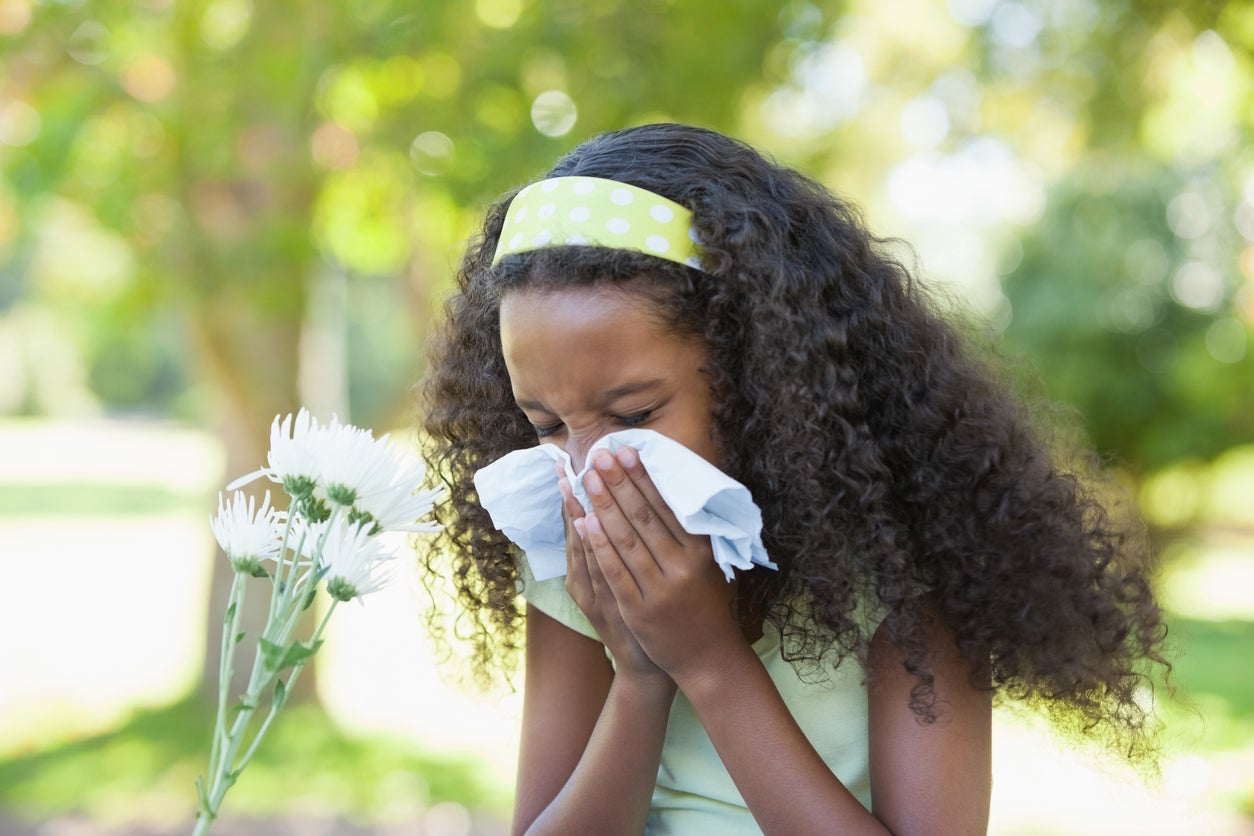Problems With Summer Pollen: Plants That Cause Summer Allergies


Spring isn’t the only time you can expect hay fever. Summer plants are also busily releasing pollen which can aggravate allergies. Not only summer pollen but contact allergies are common among sensitive gardeners. Learn about the common allergy causing plants that grow in the hot season and how to minimize their effects.
Typical Summer Allergy Plants
You know the symptoms. A stuffy head, runny nose, headache, weepy eyes, and itching. Summer plant allergies don't have to ruin your vacation. Know the plants that cause summer allergies so you can avoid them and concentrate on sunny fun.
Many of the allergy causing plants in summer are found wild in ditches, fields, and abandoned spaces. That means a casual hike for those that are sensitive can become a real drag. Fields are excellent hosts to such plants as:
Larger trees are flowering and releasing annoying summer pollen too. Some of these occur in orchards, woods, and pastures. Likely tree suspects that are causing allergy symptoms include:
Summer Allergy Plants in Your Garden
As you might expect, plants that produce flowers are the biggest offenders. It may be the pollen but it also may be the scent that causes your nose to tickle, such as:
It isn’t only the bloomers that cause summer plant allergies though. Ornamental grasses are popular landscape plants due to their resilience, ease of care and, in many cases, drought tolerance. Your turf grass can also be a culprit:
Most landscapes feature smaller trees, shrubs, and bushes. Of these, some of the common plants that cause allergies are:
Gardening tips, videos, info and more delivered right to your inbox!
Sign up for the Gardening Know How newsletter today and receive a free copy of our e-book "How to Grow Delicious Tomatoes".
Preventing Summer Allergy Symptoms
There are things you can do and still enjoy the outdoors without feeling miserable.
- Take your walk between the hours of 5 a.m. and 10 a.m., when pollen counts are at their lowest.
- Use any allergy medicines at least 30 minutes before you go outdoors so they can have time to take effect.
- Shower thoroughly when you have been outside and exposed to plants.
- Use a mask for mowing and other activities that dislodge pollen.
- Rinse patio furniture to remove allergens, dry clothes in the dryer so they don't get covered in pollen, and keep the home closed.
- The use of a HEPA filter in your home can help track tiny particulates and make you rest much easier.
With some careful attention and good hygiene, you can avoid most of the problems with summer allergies and enjoy the season.

Bonnie Grant is a professional landscaper with a Certification in Urban Gardening. She has been gardening and writing for 15 years. A former professional chef, she has a passion for edible landscaping.